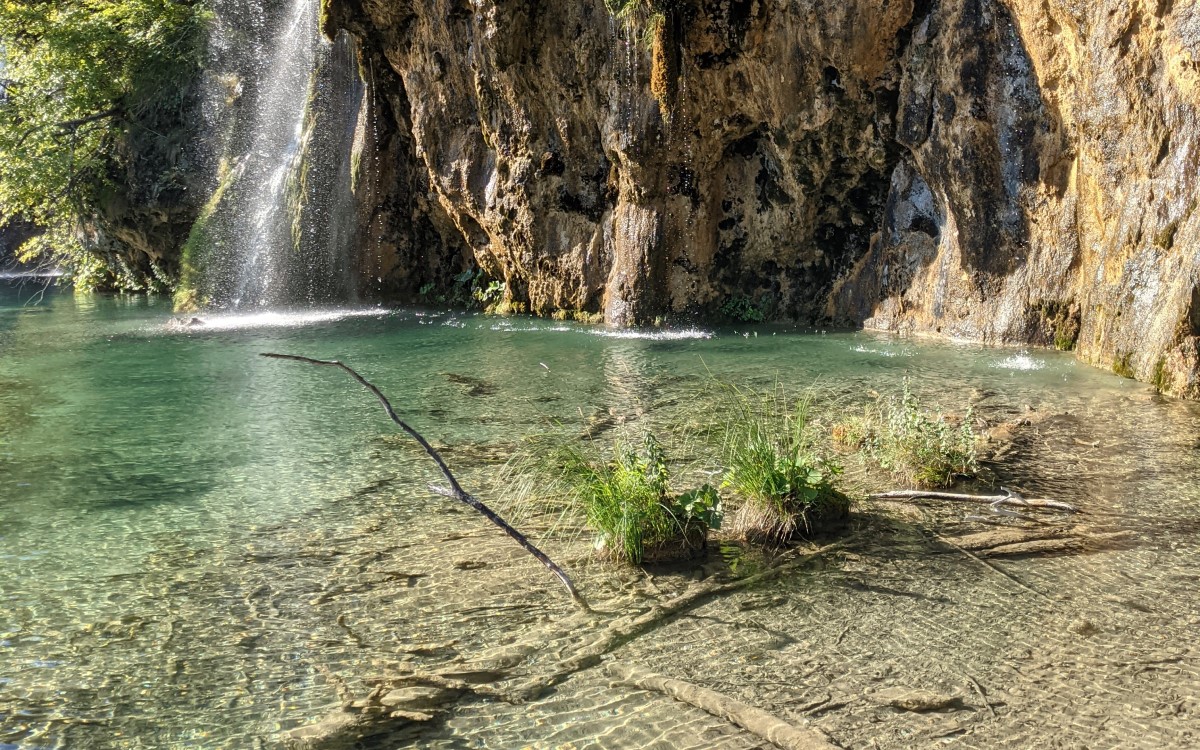The study confirms that control-at-source measures are not fully implemented in the EU despite clear requirements set out in Article 191.2 of the EU Treaty. Products releasing hazardous substances continue to be placed on the market despite their potentially harmful effects. Consequently, water service providers may have to implement additional costly treatments in order to remove micropollutants and microplastics. The cost of this is ultimately passed on to the water consumer, affecting affordability.
But why should water consumers pay for costly treatments they are not responsible for?
The study findings show that existing legislation provides clear opportunities to implement the Polluter Pays Principle through Extended Producer Responsibility (EPR) if control-at-source measures alone are not enough to effectively reduce micropollutants and microplastics emitted from products during their life-cycle. While EPR holds significant potential to ensure producers take on full physical and financial responsibility for their products, the study concludes that EPR alone is not the magic solution to solve Europe’s water challenges. Instead, only a combination of both upstream (control-at-source) and downstream measures financed through EPR will be able to adequately tackle the full extent and scope of the problem.
The report’s recommendations include defining the legal and financial responsibility for the products placed on the market; applying an appropriate levy on polluting products that reflects the costs of treatment; conduct a cost-benefit analysis of mitigation measures; and promoting eco-design.
The EU needs to take action, enforce existing legislation and adjust it, where necessary, so that water will remain affordable, as well as safe, clean and healthy.
The complete report, is available here, divided in three modules: module 1, module 2 and module 3.







